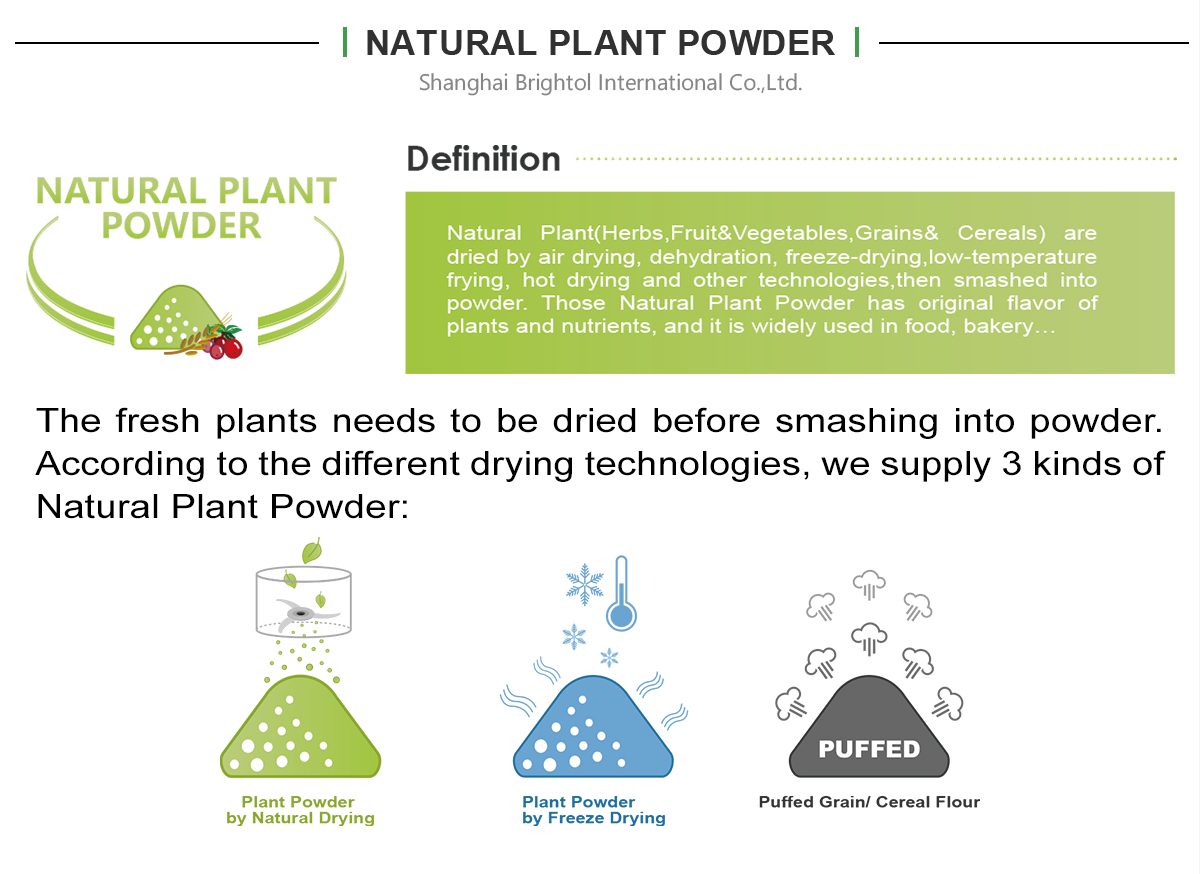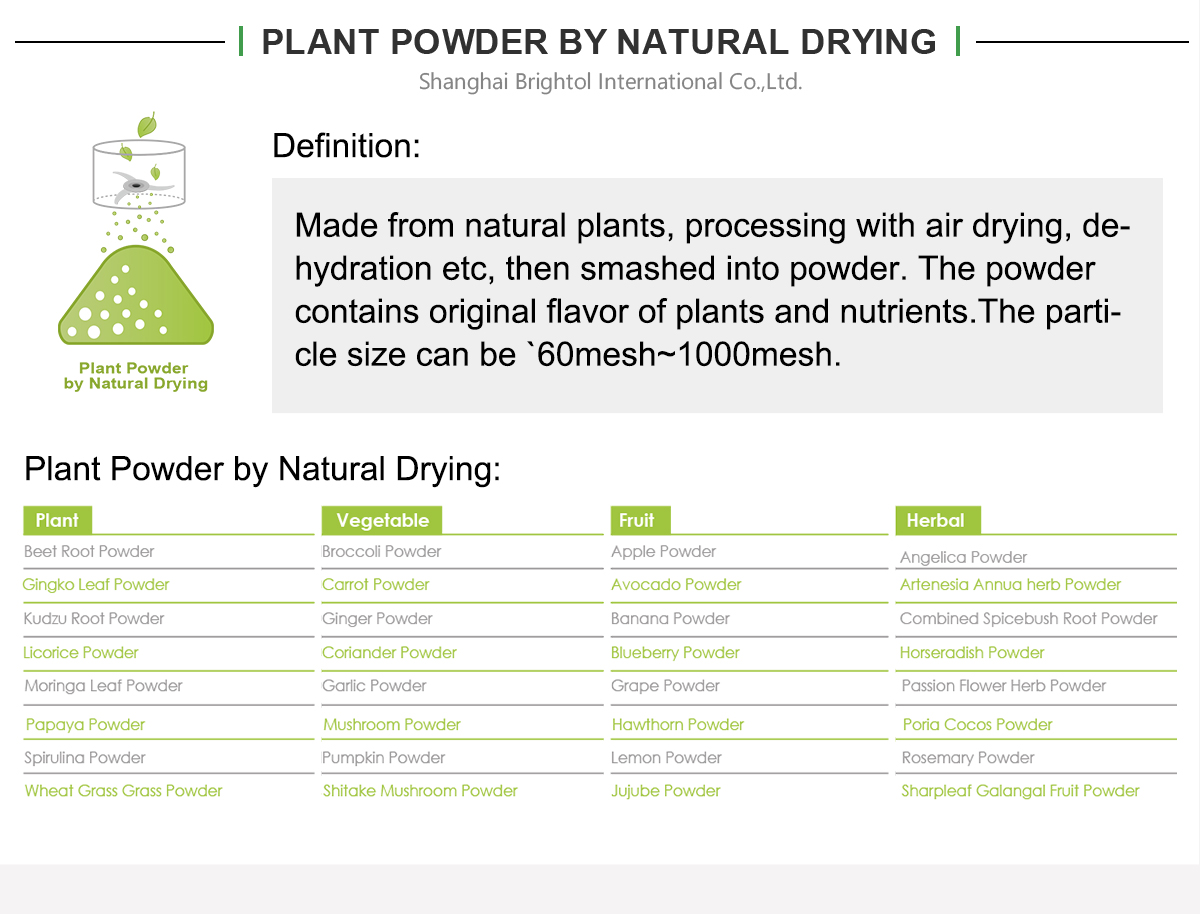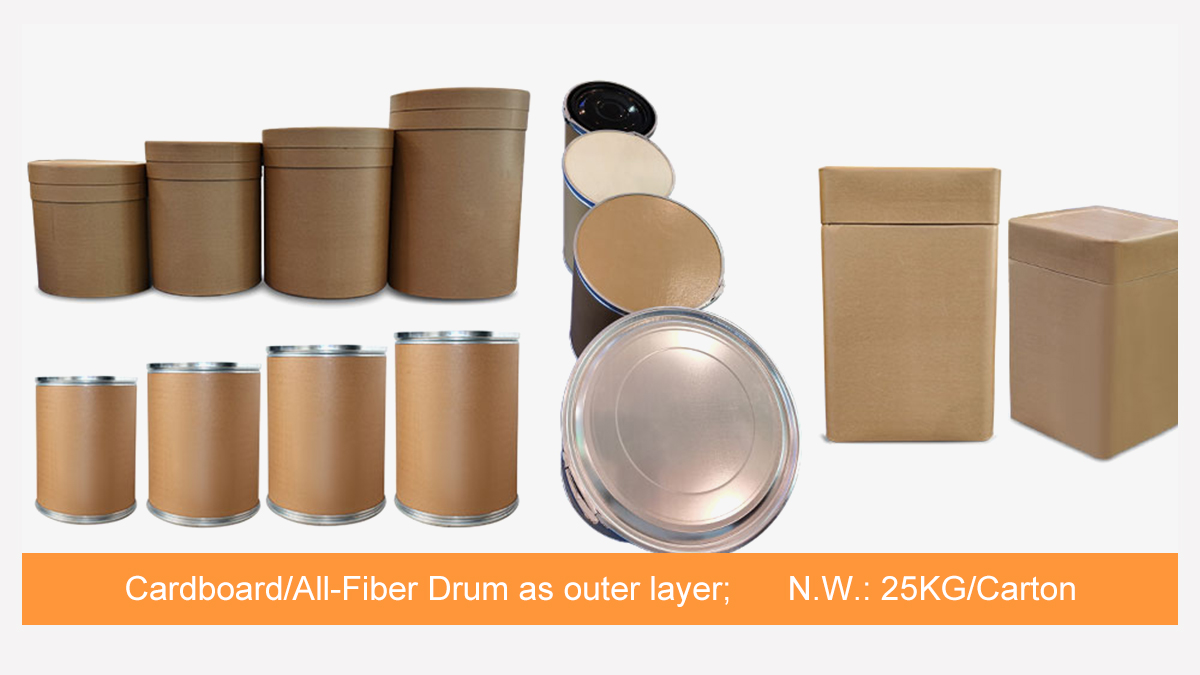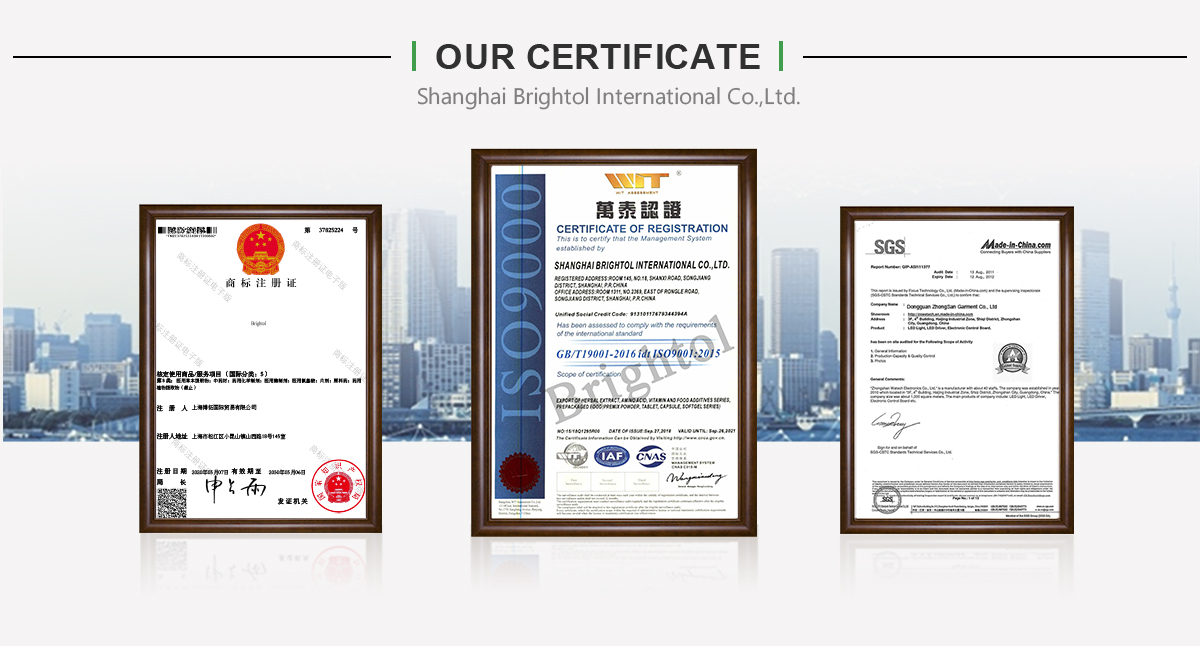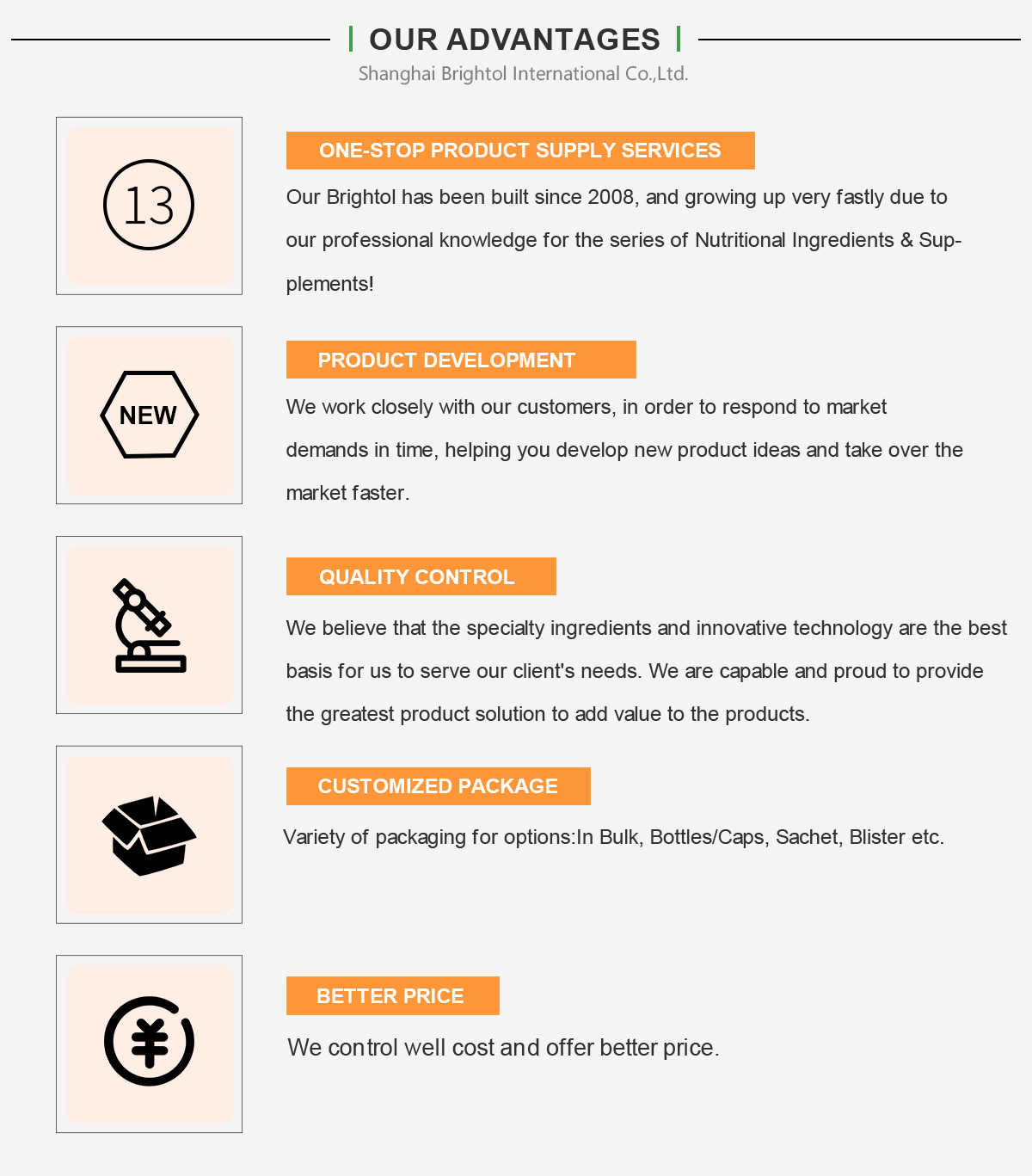

Description
Cumin is native to the shores of the Mediterranean Sea and Egypt. It comes from the Cuminum cyminum plant. Currently, it is grown in many places since it is easy to grow and adapts well to many climates. It is a favourite of the Romans and even mentioned in the Old Testament. During medieval times, it was favoured in Europe and Britain, but it seems to have gradually lost favour in those places. The increasing popularity of Mexican influenced foods is boosting the sale of Cumin. Today, the spice is popular in many parts of the world. Cumin seeds are a key ingredient in Pilau so it is good to know the great benefits cumin has.
Cumin is an excellent source of manganese, magnesium, iron, phosphorus, and calcium. There are several vitamins present in it, such as vitamins A, C, E, K, B6, niacin, riboflavin, and thiamine. According to data from the US Department of Agriculture’s National Nutrient Database, cumin is rich in many minerals such as potassium, zinc, and copper. [1] At the same time, it is also very low in sodium, cholesterol, and saturated fats.
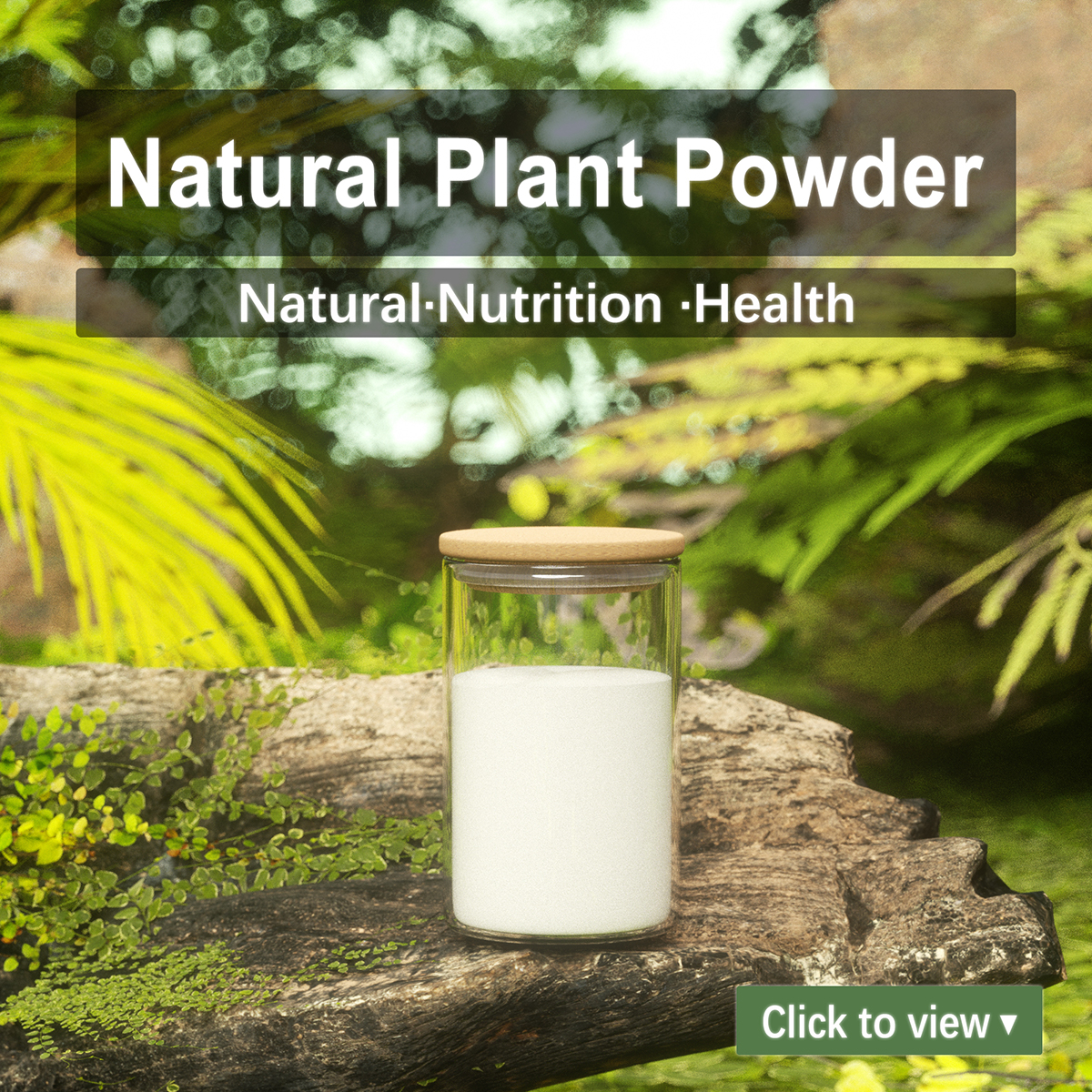
 Description
Description
Cumin is native to the shores of the Mediterranean Sea and Egypt. It comes from the Cuminum cyminum plant. Currently, it is grown in many places since it is easy to grow and adapts well to many climates. It is a favourite of the Romans and even mentioned in the Old Testament. During medieval times, it was favoured in Europe and Britain, but it seems to have gradually lost favour in those places. The increasing popularity of Mexican influenced foods is boosting the sale of Cumin. Today, the spice is popular in many parts of the world. Cumin seeds are a key ingredient in Pilau so it is good to know the great benefits cumin has.
Cumin is an excellent source of manganese, magnesium, iron, phosphorus, and calcium. There are several vitamins present in it, such as vitamins A, C, E, K, B6, niacin, riboflavin, and thiamine. According to data from the US Department of Agriculture’s National Nutrient Database, cumin is rich in many minerals such as potassium, zinc, and copper. [1] At the same time, it is also very low in sodium, cholesterol, and saturated fats.
Health Benefits
1) Helps to regulate blood sugar
2) Weight loss
3) Lowers cholesterol
4) Improves the symptoms of Irritable Bowel Syndrome (I.B.S)
5) Lowers stress levels
6) Memory loss
7) Anticancer properties